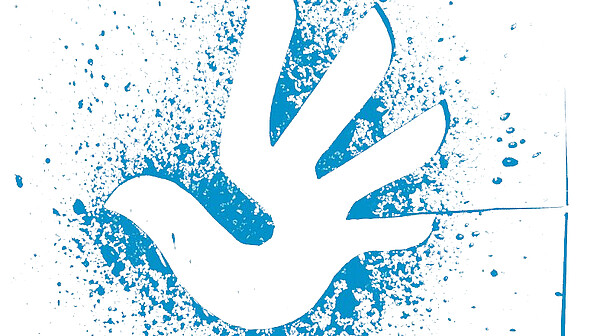On 10 December 1948, the United Nations adopted the Universal Declaration of Human Rights. The document was a direct reaction to the events of the Second World War, which had ended before that. "All human beings are born free and equal in dignity and rights", is the first article of the Universal Declaration of Human Rights. Article 2 states: "Everyone is entitled to all the rights and freedoms set forth in this Declaration, without distinction of any kind, such as race, colour, sex, language, religion, political or other opinion, national or social origin, property, birth or other status."
48 member states of the United Nations voted in favour of the Declaration at the time. Eight countries, including the Soviet Union, Saudi Arabia and South Africa, abstained. Since then, the United Nations has guaranteed the right to life, freedom and security, freedom of conscience, religion and opinion, the prohibition of slavery and torture, the right to work, education and health.
Human rights are flouted in many countries around the world, in some cases even though the countries concerned have ratified human rights treaties and must formally comply with them. The Internationaler Bund (IB) is committed to the observance of human rights both in Germany and in all countries in which the IB is active. "One must defend human rights, worldwide. It is no help to leave people alone where they are exposed to human rights violations. The IB would like to support people where support is particularly needed", explains Thiemo Fojkar, Chairmen of the IB Executive Board.




